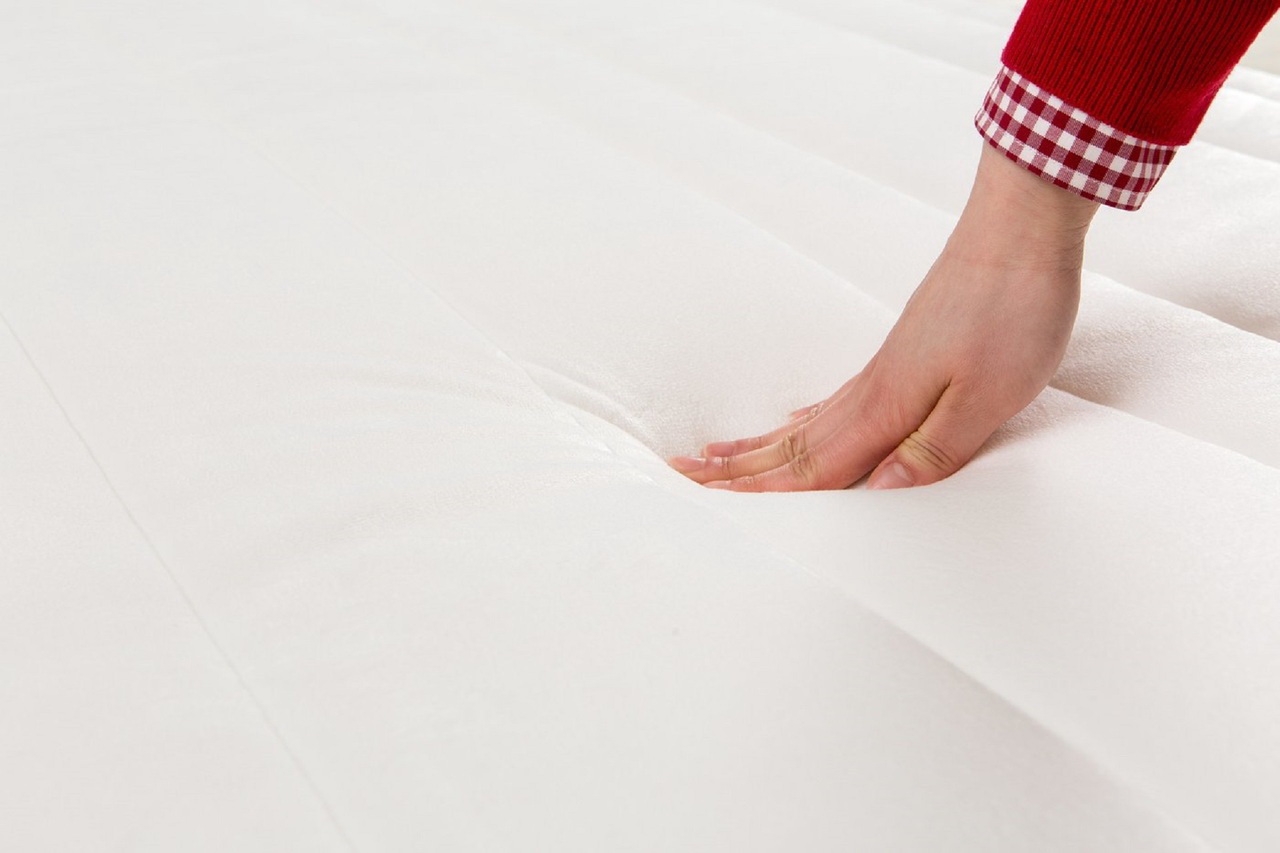
The quality and duration of your sleep can be a significant contributor to your overall health. This becomes particularly important for seniors, who suffer from insomnia and interrupted sleep at higher rates than the rest of the population, and experience more severe health risks as a result.
Good sleep, and enough of it, can improve healing, memory, energy levels and focus, and reduce health risks, stress and irritation. Here are some common culprits that get in the way of sleep and what to do about them.
A noisy environment is not ideal for sleep. In fact, even if you don’t wake up and you aren’t conscious of noises around you, they may still be intruding on your sleep. Common causes are a snoring spouse, noisy neighbors or a high-traffic neighborhood. Complicating matters is the reality that seniors may not follow the same schedule as those around them, meaning that there is likely to be more noise when they want or need to sleep.
Sleep headphones have improved a great deal, so if traditional earplugs don’t work for you, then consider an in-ear or over-ear set. Some focus on blocking out noise using a barrier, much like a sleep mask does for light intrusion. Others are higher-tech and include a noise-cancelling function that broadcasts a very stable, broad-spectrum recording that cancels out other noise in the vicinity. Not to worry if you can’t stand the idea of something in or on your ears while you sleep – white noise apps or machines provide a similar function, drowning out intrusive noise with a consistent wash of unobtrusive sound.
Your mattress, linens, pillows and comforter can also play a significant role in your sleep quality. From a structural perspective, your needs in a mattress and pillow can change over time, depending on your physical condition, sleep style and preference.
Technology has also provided dramatic improvements in this area – think mattress in a box for easy transport and installation, gel layers for improved cooling, and variable firmness. You can easily get a new mattress delivered in a box right to your door and see what kind of difference it makes. Pillows also come in a wider variety of materials, and should support you in the way that you sleep (side, back, front).
With linens, you’re looking more at allergens and thermal comfort. If you find yourself waking up sweaty, then consider switching out cotton or synthetic sheets for silk or linen. Linen is much better for cooling, while silk adapts to keep you warm in winter and cooler in summer. Rayon is also a more breathable and less expensive option. If you’re having trouble breathing, then you may have a problem with allergies and need to swap out bedding for newer or different materials. If you can’t stay warm enough at night, then silk and wool are excellent natural fibers for retaining heat. Consider an electric blanket or heating pad in more extreme situations. A warm bath or shower or some time in a hot tub or sauna before bed can also help improve sleep.
If you struggle to get a good quality and duration of sleep, then proactively evaluate your environment for things that you can change. Technology offers many new options for combating noise and discomfort.